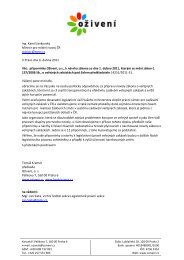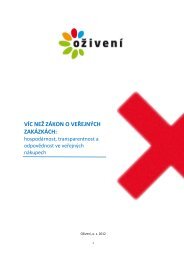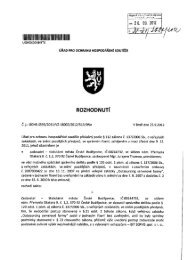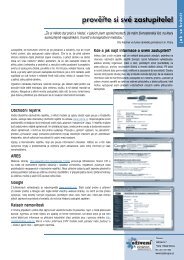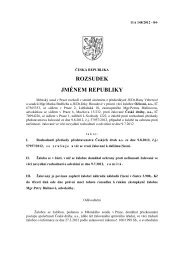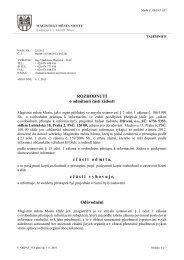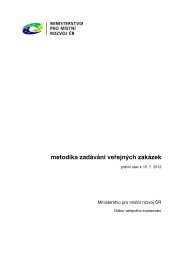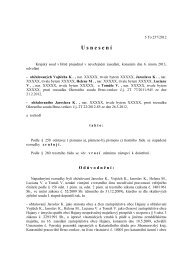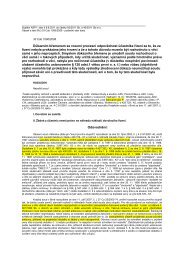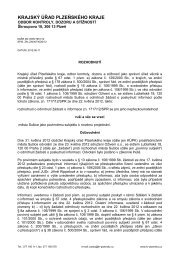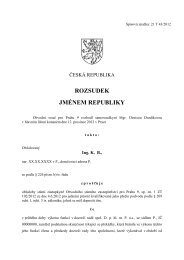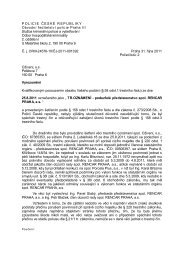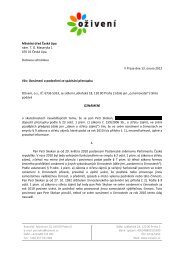Managing Conflict of Interest - Organisation for Economic Co ...
Managing Conflict of Interest - Organisation for Economic Co ...
Managing Conflict of Interest - Organisation for Economic Co ...
You also want an ePaper? Increase the reach of your titles
YUMPU automatically turns print PDFs into web optimized ePapers that Google loves.
Welcome RemarksArjun ThapanDirector General, Southeast Asia Department, Asian Development BankOn behalf <strong>of</strong> the Asian Development Bank (ADB) and our partnersat the <strong>Organisation</strong> <strong>for</strong> <strong>Economic</strong> <strong>Co</strong>-operation and Development(OECD), it is my privilege to welcome you to this regionalseminar on conflict <strong>of</strong> interest. Let me also thank the Government<strong>of</strong> Indonesia and Indonesia’s <strong>Co</strong>rruption Eradication <strong>Co</strong>mmission<strong>for</strong> hosting today’s seminar, as well as our development partners atthe Canadian International Development Agency, the Department<strong>for</strong> International Development <strong>of</strong> the United Kingdom, the DanishInternational Development Agency, and the World Bank <strong>for</strong> supportingthis event.There is a growing consensus that combating corruption is criticalto poverty reduction and development effectiveness. Studieshave estimated that, in many Asian and Pacific countries, significantpublic investment is being wasted because <strong>of</strong> corruption. <strong>Co</strong>rruptionalso increases the cost <strong>of</strong> doing business, and keeps countriesfrom achieving their economic growth and employment potential.In fact, the World Bank’s investment climate survey shows that morethan 36% <strong>of</strong> firms with interests in East Asia and the Pacific view corruptionas a major or severe obstacle to the operation and growth<strong>of</strong> their business. In South Asia, the proportion is more than 40%.Ladies and gentlemen, the Asia and the Pacific region has witnessedrapid changes in the last decade. High rates <strong>of</strong> economicgrowth have been achieved through new models <strong>of</strong> cooperationwith the business sector, public-private partnerships, and increasedmobility <strong>of</strong> personnel between the two sectors. However, such trendshave also multiplied gray zones, where public <strong>of</strong>ficials’ private interestscan unduly influence the way they carry out their <strong>of</strong>ficial duties.If not adequately identified and managed, conflict-<strong>of</strong>-interest situationscan lead to corruption.Several countries in the region recognize the need to review andimprove their regulations, institutions, and practices, particularly inareas that present specific risks <strong>of</strong> corruption. Appropriate policiesregulating conflict-<strong>of</strong>-interest situations arising in post– publicADB/OECD Anti-<strong>Co</strong>rruption Initiative <strong>for</strong> Asia and the Pacific



